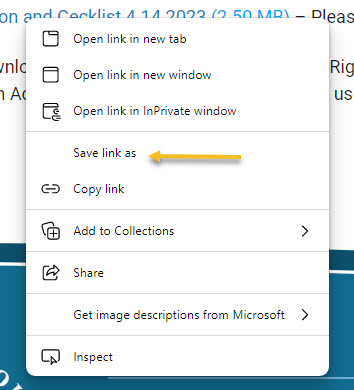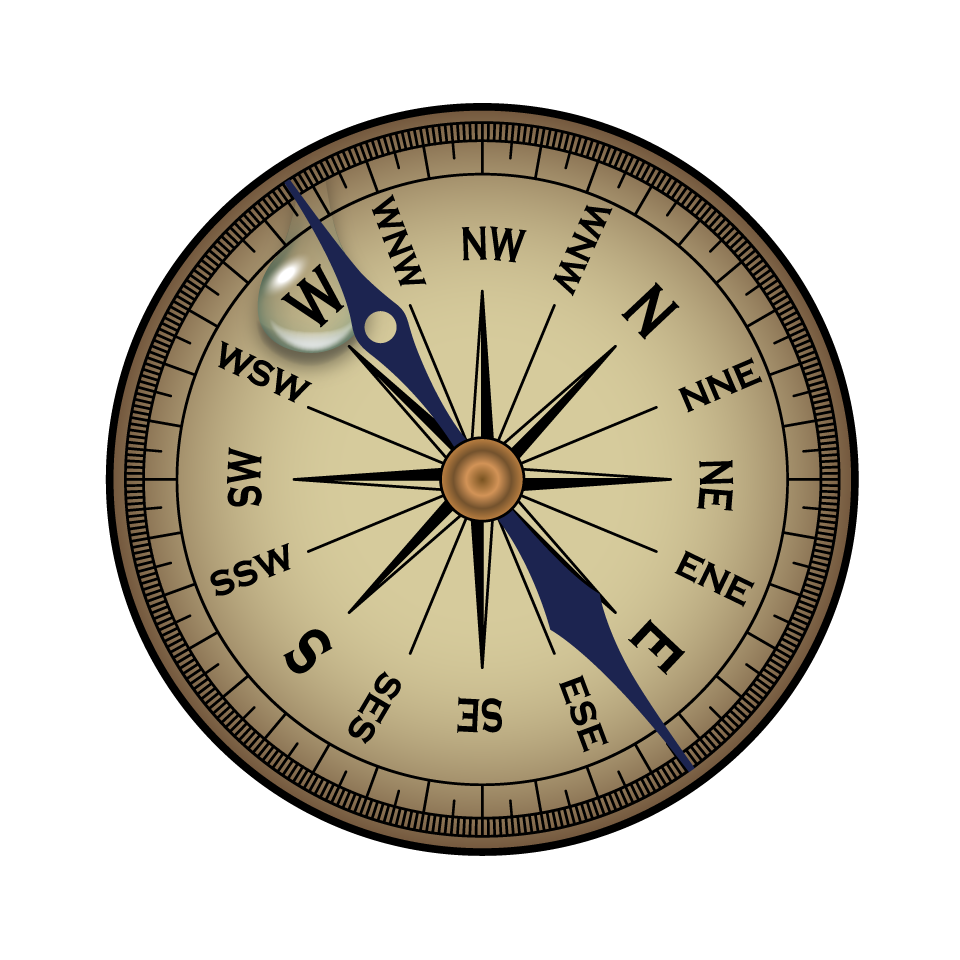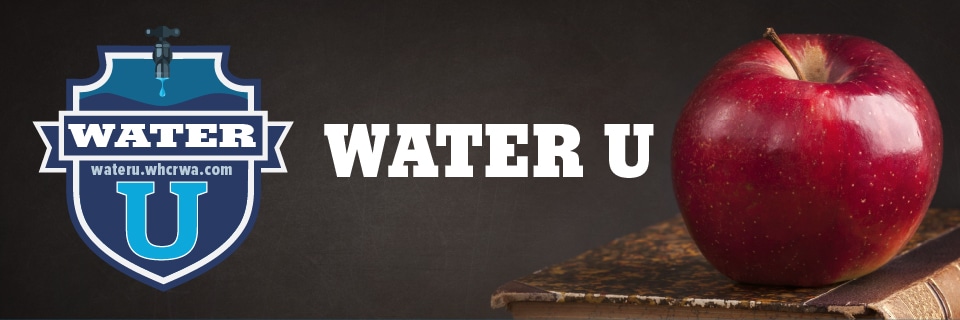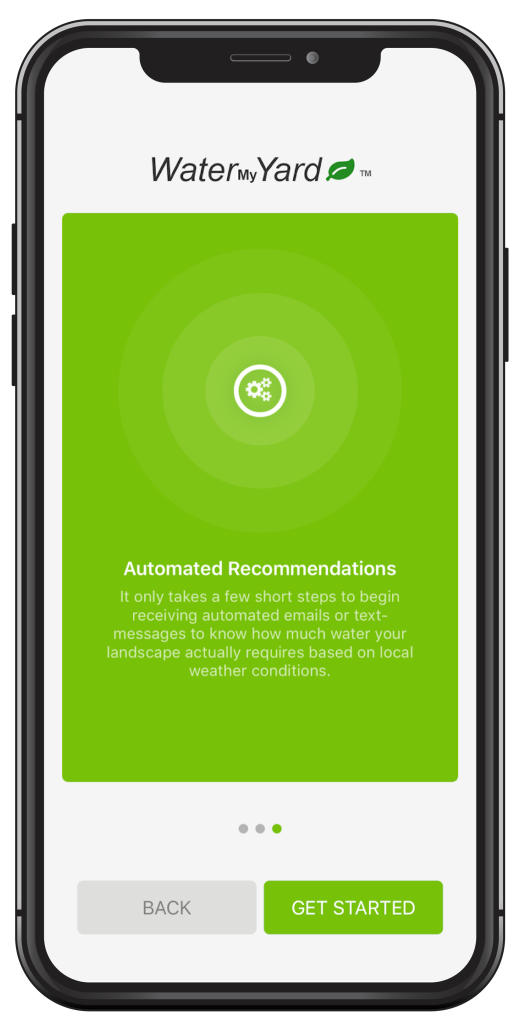Only complete applications will be accepted. Incomplete applications will delay review of your plans and processing of your encroachment request. To be considered complete, the following must accompany your Request for Encroachment Application:
✓ Review Fee
All Checks are to be made payable to the West Harris County Regional Water Authority (WHCRWA).
All Checks are to be delivered to Gannett Fleming at the address listed below:
West Harris County Regional Water Authority (WHCRWA)
c/o Gannett Fleming
3100 West Alabama
Houston, TX 77098
Attn: Gannett Fleming ROW Manager
✓ Project plans
- If work has already started, applicant must provide certified as-built drawings signed by a registered surveyor.
- If this is part of a master planned development, applicant must provide an architectural site plan over the entire development or land plan for the entire development (including all sections of the development).
✓ Title report for the subject property (parent tract where the WHCRWA easement and proposed encroachment are located), no older than 30 days.
✓ Copy of the vesting deed reflecting current ownership listed in the title report.
✓ If available, provide an address for the project location.
✓ Vicinity map showing the general location of your project that is the subject of this Encroachment Application. Vicinity Map should include major cross streets adjacent to encroachment area. Label major landmarks including channels to facilitate placement of location. Show WHCRWA easement area in vicinity map.
✓ List of all encroachments for which you are requesting approval to construct within WHCRWA’s easement(s). Any crossing or parallel permanent structure, utility, drainage structure, drainage swale, fill, pavement, parking, landscaping, or irrigation is considered an encroachment and should be listed. Include at grade, aerial, and below grade features.
✓ Encroachment Exhibit: a sketch to scale on 8½ x 11 showing all proposed encroachments, with the WHCRWA easement (including recording information) and proposed encroachment(s) clearly labeled. Distance clear between any encroachments and the WHCRWA facilities must be clearly indicated in plan and profile view. You may need more than one 8½ x 11 sheet. If so, label page numbers. Include north arrow, date, and reference the construction plan set date. Exhibit should be based on engineering plans.
- If additional encroachments are identified during the plan review process, you must update the Encroachment Exhibit.
- If your request is approved, the Encroachment Exhibit will be incorporated into the encroachment approval document.
✓ Form 1295, signed by the landowner that will execute the encroachment approval document with the WHCRWA.
- Neither Gannett Fleming nor WHCRWA maintains this form. See link below for location where you can download and fill out the form.
https://www.ethics.state.tx.us/filinginfo/1295/
The responses to questions 2 and 3 on the Form 1295 should be as follows:
#2. Name of governmental entity or state agency that is a party to the contract for which the form is being filed.
West Harris County Regional Water Authority
#3. Provide the identification number used by the governmental entity or state agency to track or identify the contract, and provide a description of the services, goods, or other property to be provided under the contract.
-
- Encroachment approval document – Project description
- Encroachment into WHCRWA Easement. Include address of project if available.





